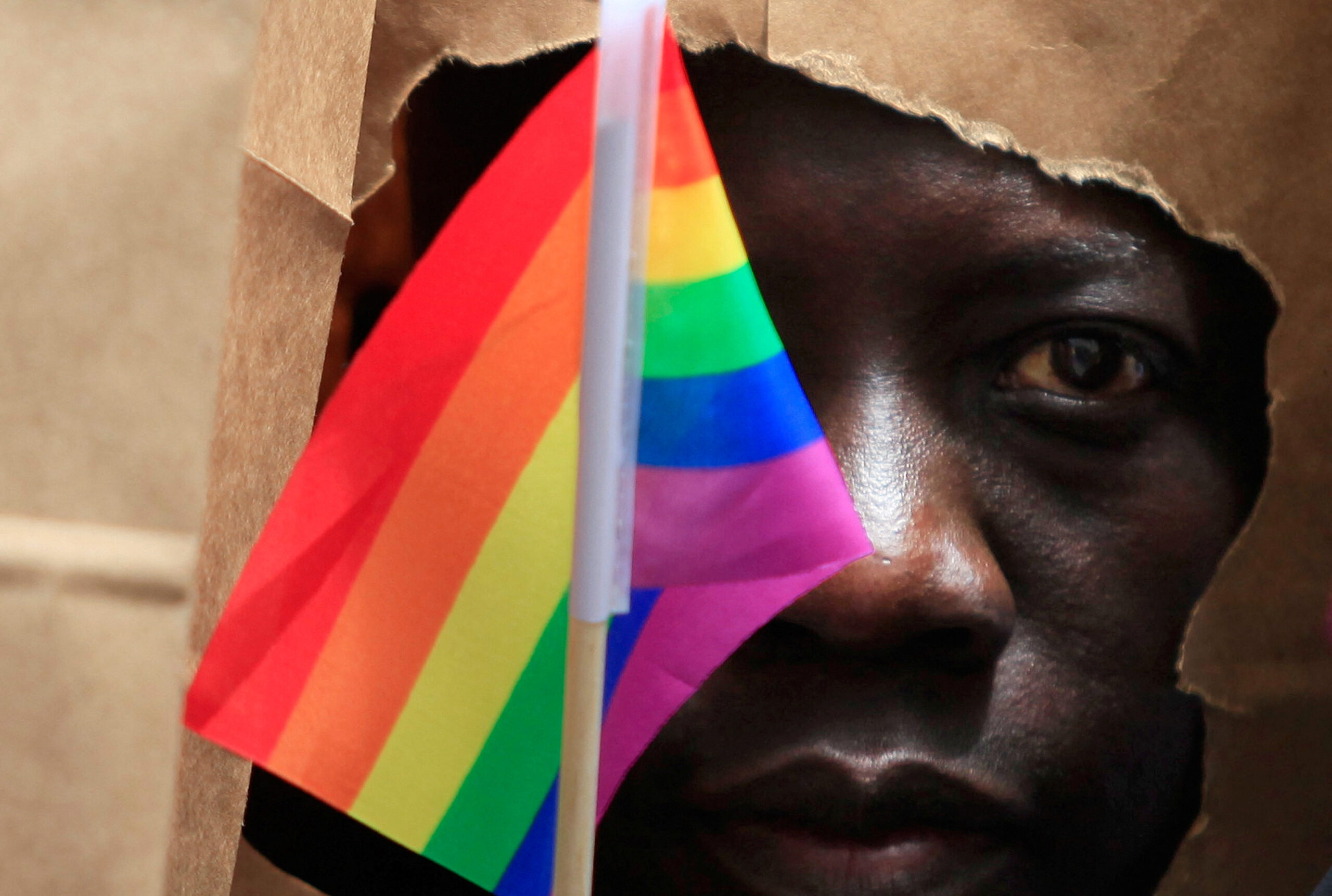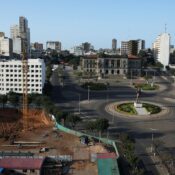
LGBTQ rights abuses in Uganda are becoming more frequent, according to a pressure group
According to a report by a pressure group, there have been over 1000 cases of arrests, torture, and house evictions against Uganda’s sexual minority in the last nine months, indicating an increase in human rights violations against them.
Lesbian, Gay, Bisexual, Transgender, and Queer (LGBTQ) community members in Uganda have experienced a rise in rights breaches since the beginning of the year, when the Ugandan parliament began debating the passage of a bill prohibiting homosexuality.
In the end, the Anti-Homosexuality Act (AHA) was passed into law in May of last year.
In addition to other severe penalties, the law punishes same-sex relationships with a life sentence in jail and the death penalty for “aggravated homosexuality.”
The Convening for Equality (CFE), a lobbying group for sexual minorities, stated in a study that marked a year following the passage of AHA that at least 1,253 human rights violations were documented between September and May.
Compared to the 306 infractions that were noted between January and August of the previous year, that indicates an increase.
Both state actors and non-state actors were involved in the violations, which included extortion, physical assaults, evictions, torture, arbitrary arrests, and rejections by family members.
“Known and/or perceived LGBTQ+ persons were arrested, tortured, beaten, exposed, including evictions and banishment, blackmail, loss of employment, and health service disruptions,” the study stated.
“This was sustained by frequent fake and false news shared on different platforms and a sustained campaign to paint LGBTQ+ persons … as persons who are out there to recruit children into homosexuality.”
A police spokeswoman was contacted by Reuters but did not respond.
AHA sparked penalties against Uganda and certain leaders and received strong condemnation from the West.
While the United States withdrew Uganda from a preferential trade agreement, applied sanctions, and opened a new case against anonymous people for breaching the rights of minorities, the World Bank stopped making any new loans.
Uganda’s constitutional court ruled in April in a case contesting the law, upholding several provisions that it claimed infringed against the rights to property and health but refusing to completely nullify the rest of the statute.
All Categories
Recent Posts
Tags
+13162306000
zoneyetu@yahoo.com


